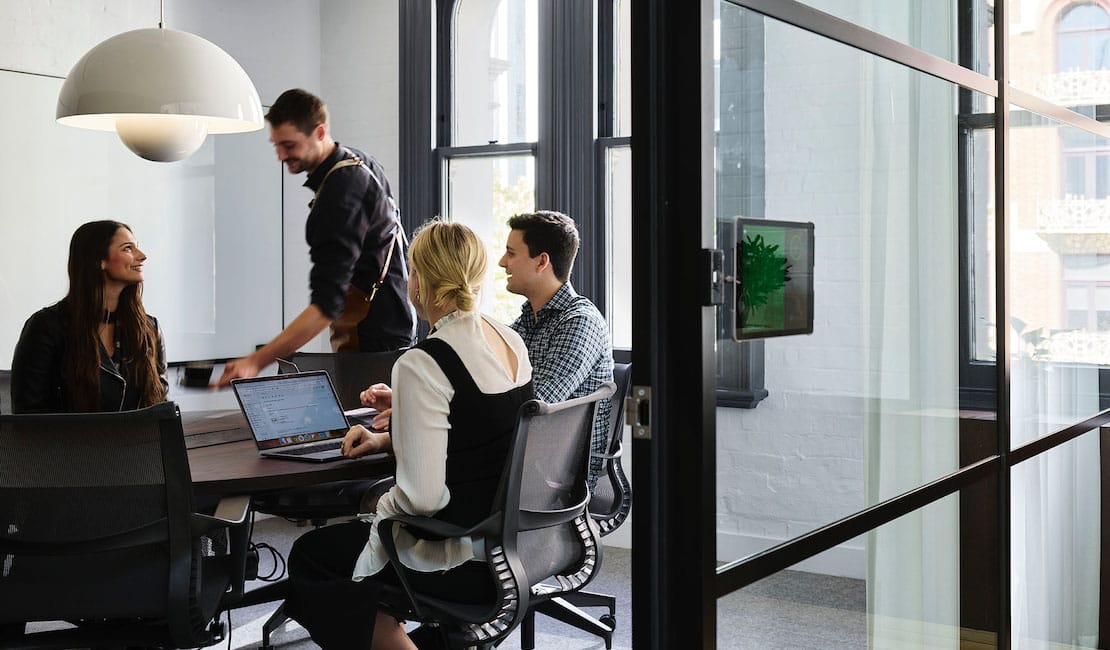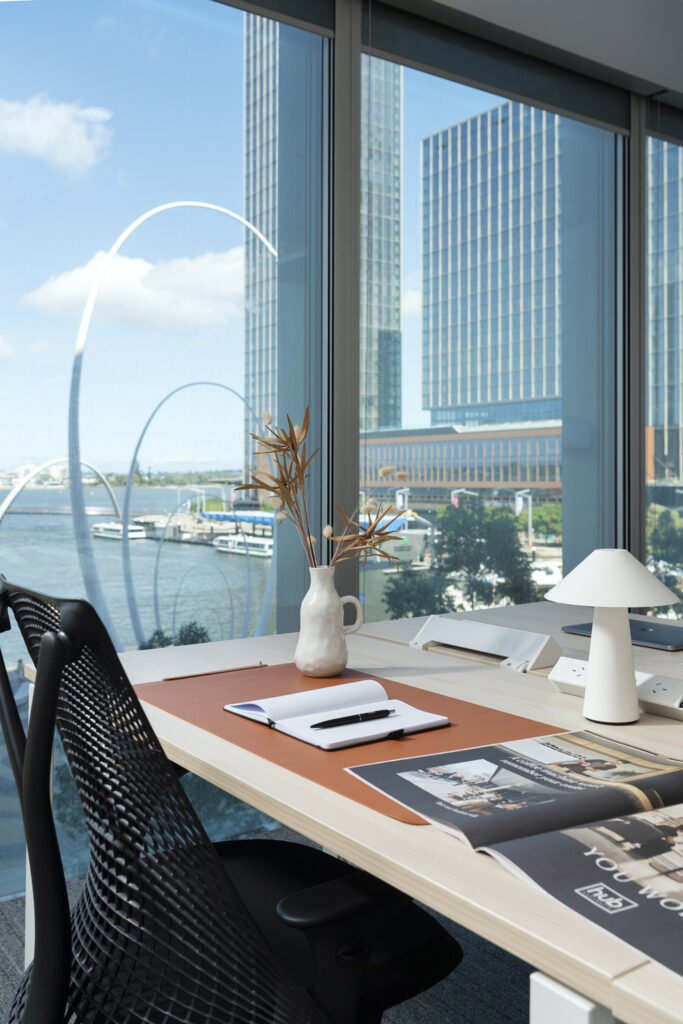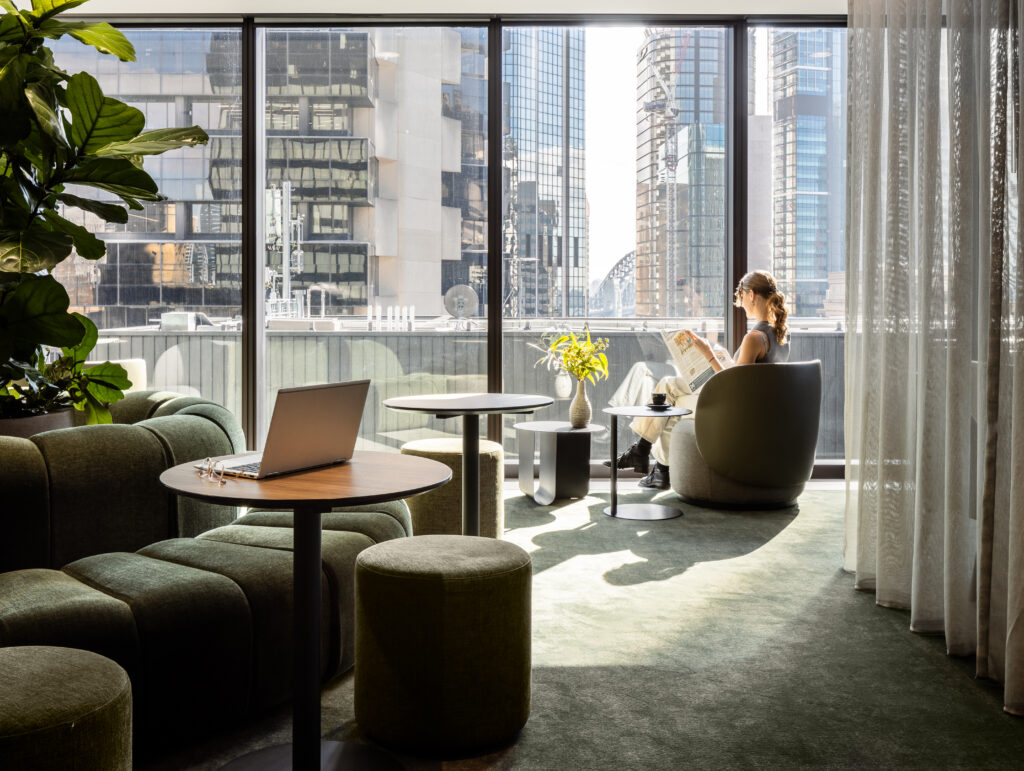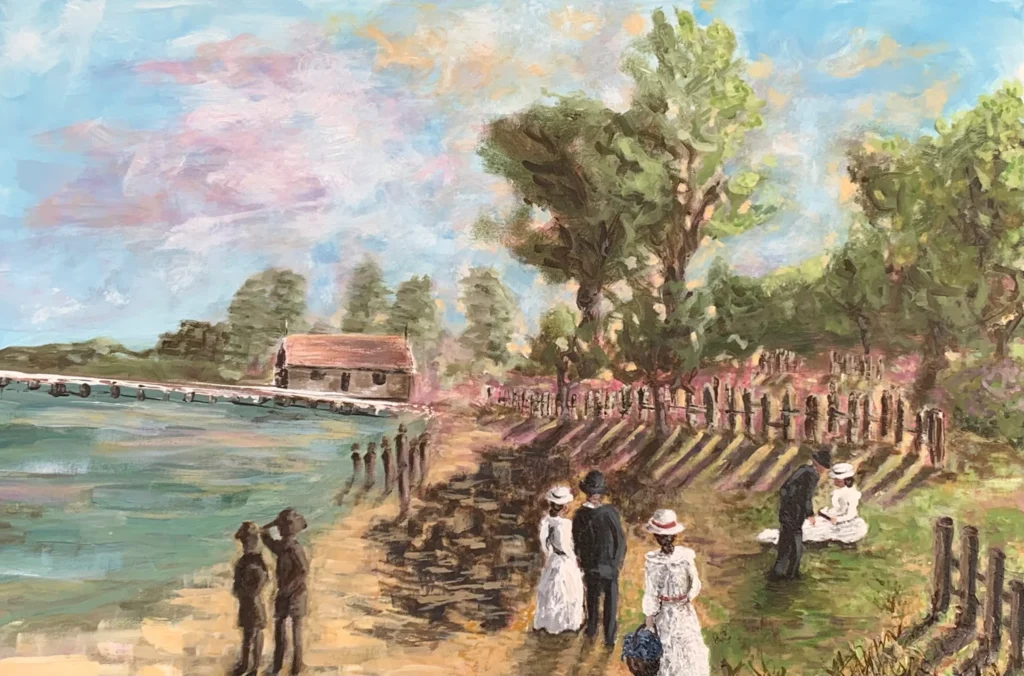The workforce is continually changing and evolving. Millennials already make up over 50% of the workforce, and this number is set to keep growing.
As previous generations retire, and ‘Gen Z’ starts to join the workforce, different values and priorities begin to emerge and be prioritised in every industry.
How to identify a millennial
Forget the images of early 20-somethings that you normally see in the media – currently most people under the age of 40 are considered either millennials or Gen Z, and many have been in the workforce for over a decade.
The future of entrepreneurship & industries
The types of industries and careers that have grown and thrived in the past decade are influenced strongly by the newer entrants to the business world. Not-for-profits and purpose-driven businesses have popped up around the world, spurred on by a desire to create positive change and impact on communities and the wider world.
The cultural shift to (and acceptance of) a society full of startups and career entrepreneurs is built on the desire millennials have to own their own businesses and have greater flexibility and control of their careers.
“[Baby boomers] launch their first business at an average of 35 years of age. Millennials, on the other hand, start their first business around age 27, implying they’re more eager to start businesses and possibly, are more willing to take risks in doing so.”
– Forbes, 2017
Culture according to new generations
As well as new industries emerging as the main focus of millennials and Gen Z, the expectations brought into the workplace have pivoted dramatically when compared to the accepted standards of their grandparents and even parents.
Workplace culture is the difference between not only the enjoyment of a role but the all-round experience and satisfaction.
With the prioritisation of purpose, career development, and more in the careers of millennials, there’s an expectation that the businesses they invest their time and energy in allows them to live something bigger.
A business succeeds when employees not only attend work but are actively engaged and passionate about what they do.
More than a 9-5
Studies with Millennials and Gen Z participants repeatedly show that they care about more than coming to work each day for a paycheck. Many say they’re willing to accept lower salaries for a better internal culture, work/life balance, community, and more.
Onward and upward
Avoiding a feeling of stasis is important in everyone’s career. Millennials value career progression and upskilling, allowing them to grow within a role and see opportunities for new positions in the same business.
The era of people staying in the same role for 10 years is far behind us now, and most people are eager to move onto the next role – whether or not that’s with your company.
Knowing this, it’s up to you to measure whether or not your business is prioritising retention, upskilling, and movement for your staff – those that aren’t may very well find their recruitment budget creeping up.
Millennials as consumers and employees
The development of culture also impacts expectations millennials and Gen Z have for companies they support.
Millennials as a whole view themselves as politically active, and have an expectation for businesses, social leaders, and influencers to hold similar views.
In Australia, there’s been a large push to accountability with the growth of organisations like Fair Plate allowing hospitality venues to be rated on their treatment of staff, including factors like unpaid overtime, award wages and more.
The media has shared stories of underpaying employers regularly, showing the shift to the public caring more highly about the treatment of those in supply chains and wanting to spend their money with businesses that support their staff.
This isn’t exclusive to younger generations.
There has always been a strong push towards this from people of every demographic, but with the emergence of social media we are able to amplify and listen to more differing voices and leaders than ever before.
Impact and purpose
Impact motivates a large amount of the population, with purpose-driven businesses rising up across the country and making a noticeable difference to their industries and communities.
The rise of B Corporations in Australia isn’t exclusive to millennial-owned businesses – almost 250 B-Corps are currently operating across Australia, with more working to get their certification.
There’s long been a growing social movement towards sustainability, ethical production, and equality, and millennials and Gen Z have taken on the baton with a passion.
Speaking out and standing up
“65% [of surveyed 15-38-year-olds] told us they expect brands to be part of the debate, to promote more progressive values, and to play a more meaningful role in society”
– Spotify Culture Next study, 2019
Sometimes it can be a risk to speak out or take a strong stance on political issues, but it can be a worthwhile effort if you gain positive sentiment.
Fellow B Corporation certified business Patagonia has made continued headlines worldwide for their stance against ‘irresponsible’ tax cuts for wealthy businesses in the USA, donating a $13.7 million tax cut offered by the government to a number of environmental groups.
The move has been applauded as an example of the company staying true to its values, and amplifying other issues more deserving of funds and attention from the government.
Even if your business isn’t ready to take on perceived wrongs from a global superpower yet, finding ways to prove you’re keeping your values in mind in day-to-day operations is bound to help public perception of you, as well as contributing to more transparency internally and evidence you are ready to walk the walk.
“We don’t just give lip service to impact – we’re certified as a B Corp to prove that we follow through on our promises”
– Brad Krauskopf, Hub Australia CEO
Workspaces of the future
The design of workspaces has been influenced by the emergence of millennials and their influence on work styles and aesthetics.
Gone are the bullpens and cubicled offices of the past, replaced by flexible design, the rise of sit-to-stand desks, breakout areas, amenities and more.
The emergence of this design is a sign of acceptance that everyone has different working styles, and a great workplace will accommodate for all of them.
Hub Australia’s coworking spaces always include everything a diverse team needs to be productive and comfortable.
With a range of breakout and workshopping areas, whiteboards and meeting rooms, and in-house cafés and kitchens for well-timed breaks, coworking spaces help members work through problems, conquer projects, and connect members to a community that evolves with them.
Side-hustle is the new norm
Millennials are largely entrepreneurial in spirit – although many are still ’employees’ of larger businesses, 35% of employed Millennials have started their own business on the side to supplement their income (according to a survey by Iconoculture).
This doesn’t mean they plan to take on their own company and aim to be a market leader – instead, many use their side businesses as passion projects.
This allows them to grow their skills, develop time management and self-promotion skills, and most importantly, grow their confidence and goals.
This isn’t a threat to your organisation, but an asset.
Passionate staff help you grow and thrive, and staff with big dreams and goals are an asset to any organisation. A side business is a sign that the employee is motivated, organised, and a potential long-term asset.
It also shows that younger people aren’t expecting one role to fulfill all their professional needs – many take the agency to find their own creative outlets or any other activities that they find themselves lacking in their 9-5.
Your future customers and clients
Unless your target market consists entirely of ‘baby boomers’, the odds are that you’ll be finding millennials and younger very quickly moving into your target audience.
Insights and personas you start working on now can offer your business the basis for future campaigns and products, and inform your business development. Key trends in purchasing by younger generations such as supporting ethical businesses, sustainability, and expectations of pricing and value of products can be expected to strengthen as they age.
Case study: Coworking
The coworking industry evolved out of the global financial crisis, with many taking the opportunity to start their own businesses.
With the growth of the number of freelancers globally came a demand for services that allowed them to be part of something bigger and avoid the isolation of working from home, or the cost of hiring their own office as a sole trader.
Growing trends
Hub Australia first launched in Melbourne in 2011.
Founder Brad Krauskopf identified the growing demand for coworking in Australia, and the first space was originally home to a number of small businesses and freelancers.
The coworking space continued to grow as the businesses of their members grew, identifying the needs and demands of members as they evolved and growing to offer a number of premium spaces that allow for flexibility at an all-inclusive price.
By keeping an eye on emerging trends and the changing needs of workforces and employers, Brad Krauskopf has been able to grow Hub Australia to the largest locally owned and operated coworking provider in the country.
Target markets
Hub Australia’s focus is on not only providing quality workspaces and facilities for business owners and freelancers, but also for every member of their team.
“We ask our teams to invest their time and energy in our businesses, so it’s only right we invest time and energy back into them and making their time in the office as enjoyable as possible”
– Brad Krauskopf
Business owners in 2019 have a renewed focus on company culture, and Hub Australia works hard to supply as much as it can to contribute to the culture of teams of all sizes.
By definition, coworking helps create a community from its members, and events like weekly Wine Downs and Breakfast Club give every member an opportunity to connect and network with other members in a casual environment.
Member insights
With a dedicated member experience team and community managers, the team at Hub Australia regularly interview and consult each member to find out their priorities and identify upcoming trends and requirements that Hub Australia can add to their offering.
From offering members and their teams exclusive professional development and networking events to providing in house exercise facilities and discounted products and services, Hub Australia is constantly updating and expanding to give members more of what they need to adapt to an evolving workforce.
Talk to a Gen Z or a millennial today
Speaking to young people gives insights into the future of the workforce, products, political and social change, and the demands and expectations younger people have of their employers, workspaces, and the brands they interact with and buy from.
Millennials aren’t only your future workforce – they’re also your future consumers and customers, and taking the initiative to listen to them now will give you invaluable information you can take into the future and model your business around.
Whether you reach out by using surveys, social media, focus groups or casual conversation – all have the opportunity to help your business unearth insights and guide your planning.






